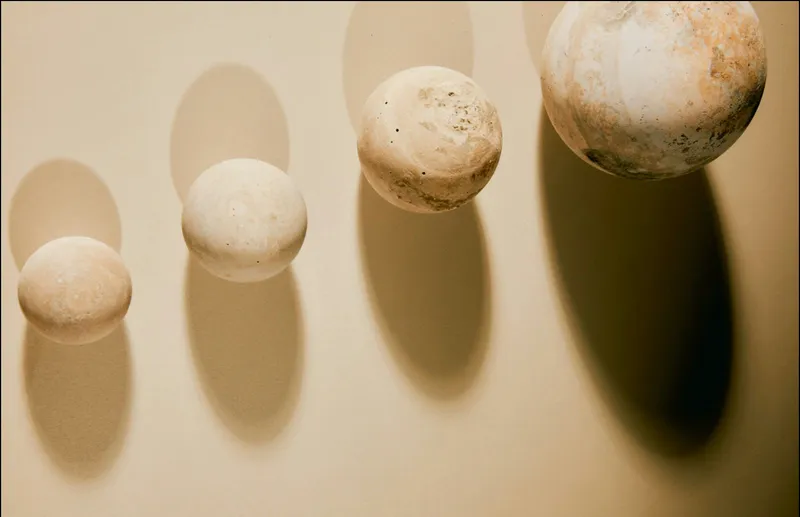
Seed Cycling: Trend or Science-Backed Hormone Support?

Dr. Priyanka Borkar
Acupuncturist, Traditional Chinese Medicine Practitioner, Naturopathic Doctor
April 25, 2025
2 min read
Table of Contents
What Is Seed Cycling?
This practice involves eating specific seeds during different phases of your menstrual cycle.
- Follicular Phase (Days 1-14):
- 1-2 tablespoons ground flaxseeds daily
- 1-2 tablespoons raw pumpkin seeds daily
- Luteal Phase (Days 15-28):
- 1-2 tablespoons raw sesame seeds daily
- 1-2 tablespoons raw sunflower seeds daily
What the science says
- Preliminary clinical trial (2023): A randomized study involving women with PCOS found that a 12-week protocol using flax, pumpkin, sesame, and sunflower seeds—aligned with menstrual cycle phases—led to modest improvements in hormone levels (FSH, LH) and ovarian health versus controls (https://pubmed.ncbi.nlm.nih.gov/37324929/)
- Smaller observational studies: An 18‑person study from the 1993 reported fewer anovulatory cycles (i.e., consistent ovulation) and longer luteal phases on average after adding flaxseed to the diet, though estrogen levels didn't significantly change. (https://pubmed.ncbi.nlm.nih.gov/8077314/)
- Flaxseed Meta-Analyses: Multiple systematic reviews show flaxseed:
- Modifies estrogen metabolism toward less biologically active forms
- May increase SHBG (sex hormone-binding globulin)
- Provides phytoestrogenic activity through lignan conversion
- Nutrient-focused rationale: Each seed provides targeted nutrients linked to reproductive hormonal support:
- Flaxseeds: Lignans (phytoestrogens), omega-3s, fiber for estrogen detoxification
- Pumpkin Seeds: Zinc for progesterone production, magnesium, iron
- Sesame Seeds: Lignans for liver detoxification, vitamin E, calcium
- Sunflower Seeds: Selenium for thyroid function, vitamin E, B vitamins
Evidence Limitations
- Very limited research on seed cycling as a specific protocol
- Most studies focus on individual seeds, not the cycling approach
- Small sample sizes and short duration studies
Verdict
Seed cycling may offer some benefits, especially in people with mild hormonal imbalances or PCOS, but the science is still nascent. While more research is needed to fully validate the protocol, seeds are nutritionally dense and generally harmless, so they can still be a healthy addition to diet even if the hormonal benefits remain unproven.
Seed cycling represents a low-risk, potentially beneficial addition to comprehensive hormonal health support. However, it should complement, not replace:
- Medical evaluation for serious hormonal disorders
- Proven treatments for conditions like severe PCOS
- Fundamental lifestyle approaches (sleep, stress, nutrition)